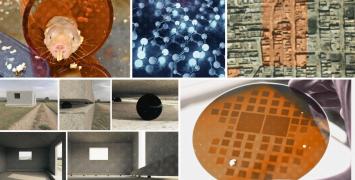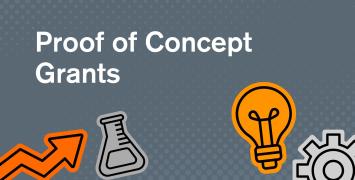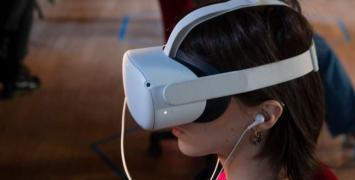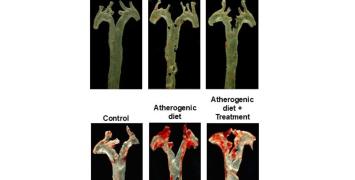Proof of Concept Grants 2024: Examples of projects
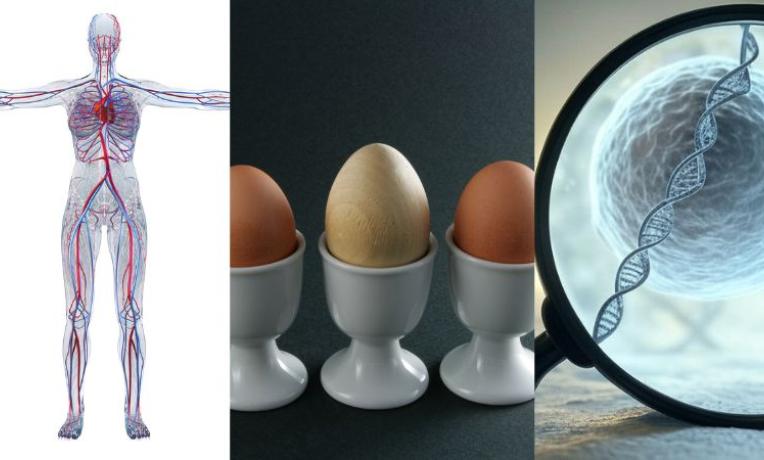
Researchers awarded ERC Proof of Concept Grants come from various scientific disciplines. As announced in round one of the call for proposals, an astrophysicist in Spain aims to facilitate deep space exploration, plus an archaeologist in the UK will aid the fight against food fraud. A computational biologist in Poland wants to make it easier to identify new medications to combat cancer, while a researcher in Denmark will work to better visualise blood microcirculation - a complication of many life-threatening diseases.
Fighting Cancer with Innovative Research
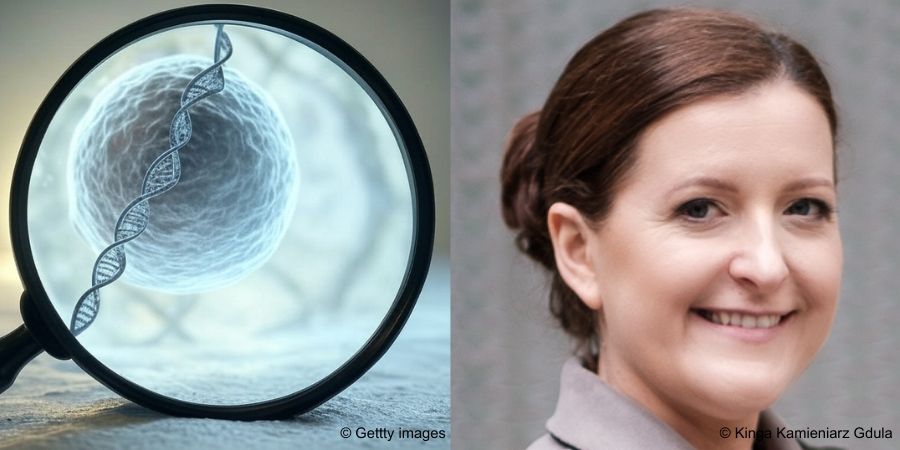 Cancer is one of the leading causes of death in Europe, affecting millions of lives. It happens when cells in the body grow uncontrollably, sometimes spreading to other parts. Current cancer treatments often focus on only a few specific biological targets, which helps pharmaceutical companies develop treatments faster and more successfully. However, cancer is complex, it can arise from many molecular causes, change as it progresses, and often becomes resistant to treatments over time.
Cancer is one of the leading causes of death in Europe, affecting millions of lives. It happens when cells in the body grow uncontrollably, sometimes spreading to other parts. Current cancer treatments often focus on only a few specific biological targets, which helps pharmaceutical companies develop treatments faster and more successfully. However, cancer is complex, it can arise from many molecular causes, change as it progresses, and often becomes resistant to treatments over time.
To address this, Kinga Kamieniarz-Gdula targets a newly discovered weak point in cancer cells in a new project: the process of RNA 3’ processing and transcription termination. This process is how cells manage the end of RNA production during gene expression. In a currently ongoing ERC Starting Grant, the research team studies how alternative ends form. They succeeded in creating an innovative method to study gene ends, which additionally also allows to screen for medicines that interfere with this process.
This approach is unique because the researchers directly check how cancer cells manipulate gene ends, unlike traditional methods that rely on indirect measurements. With new ERC Proof of Concept funding the team aims to further develop their platform, making it easier to find potential new cancer drugs. By connecting cutting-edge molecular biology with medicine, the project hopes to create more effective therapies for patients.
- Researcher: Kinga Kamieniarz-Gdula
- Project: Improving cancer therapy by identification of novel drug leads modulating transcription termination bridging molecular biology and therapeutic applications (ModulatEnds)
- Host institution: Uniwersytet Im. Adama Mickiewicza W Poznaniu (AMU), (PL)
- ERC funding: €150 000 for 18 months
- Original ERC frontier research project: Alternative gene ends: the crosstalk of RNA cleavage and transcription termination (AlternativeEnds) - ERC Starting Grant
Fighting Food Fraud with a new protein analysis technology
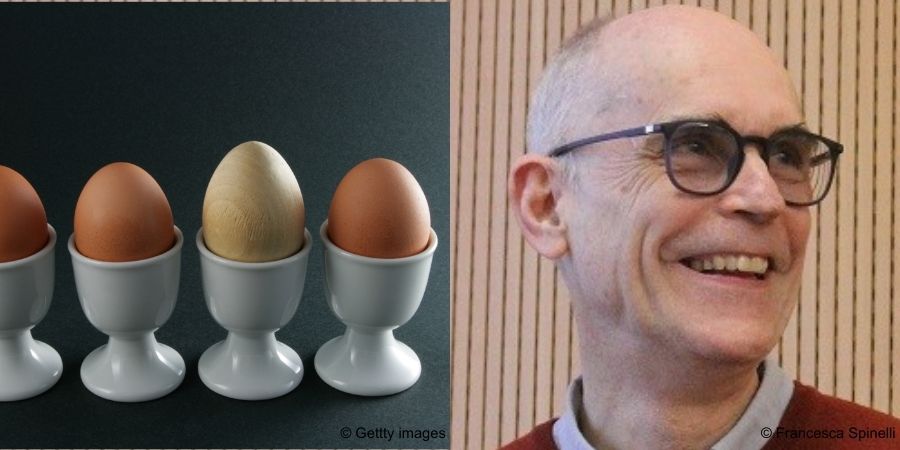 Can the lessons learnt from identifying the species of origin and methods of manufacture of medieval parchment made from animal skins be applied to the production and processing of food?
Can the lessons learnt from identifying the species of origin and methods of manufacture of medieval parchment made from animal skins be applied to the production and processing of food?
Food fraud and mislabelling not only harm consumer trust but also pose risks to safety and quality in the food industry. Matthew Collins’ new project aims to tackle these challenges with a pioneering technology, drawing inspiration from his previous ERC grant exploring historical parchments.
The new project combines two powerful methods to verify proteins in food and animal feed. One is peptide mass fingerprinting (PMF), a technique that identifies proteins by analysing their unique molecular patterns. The other is a new approach called LAP-MALDI, a laser-assisted method that enhances the detection of proteins with exceptional precision. Together, these tools create a faster, more affordable, and reliable way to ensure food authenticity.
What sets this technology apart is its ability to overcome the limitations of current methods, which often struggle with high costs and reduced accuracy when food is heavily processed. The project also integrates advanced software to make protein analysis more efficient and user-friendly.
If successful, the project could transform how we guarantee the safety and authenticity of our food, restoring consumer confidence and setting new industry standards. This innovative project represents a leap forward in the fight against food fraud, with benefits for both consumers and the food industry.
In his previous Advanced Grant project at the University of Copenhagen in Denmark, Collins explored historical parchments to uncover the evolution of livestock management across Europe. By treating parchments as crafted biological materials, the project combined ancient craft knowledge with modern chemical analysis to document how animal skins were prepared and used between 500 and 1900. This approach provided a Europe-wide record of parchment-making techniques and revealed insights into historical farming practices, conservation attitudes, and the biological data available to scribes of the time.
- Researcher: Matthew Collins
- Project: : Using Peptides to ensure, assure and Insure protein authenticity and quality (PeptInsure)
- Host institution: The Chancellor Masters and Scholars of the University of Cambridge, (UK)
- ERC funding: €150 000 for 18 months
- Original ERC frontier research project: Beasts to Craft: BioCodicology as a new approach to the study of parchment manuscripts - ERC Advanced Grant 2017
Visualising blood flow in capillary vessels
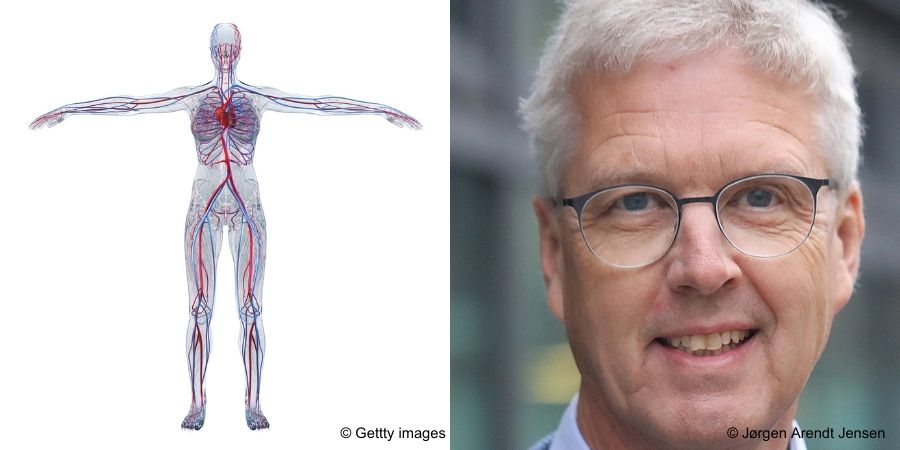 Changes in blood microcirculation are a complication of many life-threatening diseases. In conditions like diabetes and hypertension, which affect millions of people, microcirculatory damage affects the heart, brain, and kidneys. Current conventional imaging cannot visualize this damage. Early detection of microvascular changes could greatly improve interventions, potentially halting or reversing disease progression.
Changes in blood microcirculation are a complication of many life-threatening diseases. In conditions like diabetes and hypertension, which affect millions of people, microcirculatory damage affects the heart, brain, and kidneys. Current conventional imaging cannot visualize this damage. Early detection of microvascular changes could greatly improve interventions, potentially halting or reversing disease progression.
An existing research project, which was funded by an ERC Synergy grant, already developed novel techniques to address these challenges, using synthetic aperture imaging and special ultrasound probes. Using these techniques, data collection takes only a few seconds, and advanced computer processors allow for real-time imaging in both 2D and 3D, making a quick diagnosis practical.
Based on this innovative approach in medical imaging, Jørgen Arendt Jensen, one of the lead researchers of the new ERC Proof of Concept funded project, will develop a new scanner for real-time imaging of tiny blood vessels as small as 28 micrometers wide. The device will capture detailed images of microcirculation in just two seconds, using safe, non-invasive ultrasounds suitable for all ages, from newborns to the elderly.
Clinical studies will validate the technology and a prototype with a touch-screen interface will be tested in hospitals. This project aims to make this innovation commercially available, potentially through a spin-off company or collaboration with an ultrasound manufacturer.
- Researcher: Jørgen Arendt Jensen
- Project: Implementation of Super-resolution Ultrasound Real-time micro-vascular Imaging using Erythrocytes (iSURE)
- Host Institution: Technical University Of Denmark DTU, (DK)
- ERC funding: €150 000 for 18 months
- Original ERC frontier research project: Super-resolution Ultrasound Real-time imaging using Erythrocytes (SURE) - ERC Synergy grant 2019

